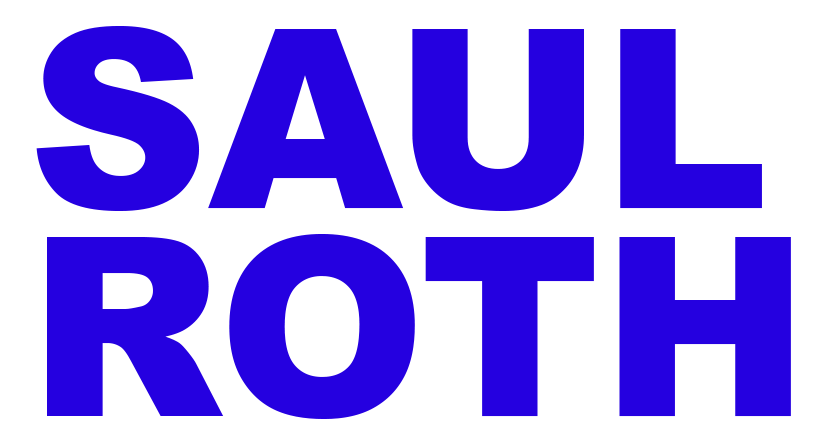
Image Credit: Paul Rand, Public domain, via Wikimedia Commons
By Saul Roth
The Enron scandal that broke in 2001 revealed one of the largest accounting frauds in history and stands as a cautionary tale of corporate greed and lack of ethics. The company was an energy services business located in Houston, Texas. From 1985 to 2001, Enron grew from a regional natural gas provider to one of the world’s leading electricity, natural gas, pulp and paper, and communications companies. However, behind the scenes Enron executives were using accounting loopholes, special purpose entities, and poor financial reporting to hide billions of dollars in debt from failed deals and projects. When the truth was revealed, the company went bankrupt and thousands of employees and investors lost their life savings.
Enron’s unethical business practices date back to the mid-1990s. The company created multiple special purpose entities which it used to hide poor performing assets and improperly report profits. Enron executives were exaggerating profits while hiding massive debts and losses in these entities, which were disguised to look like legitimate outside businesses. The special purpose entities made Enron appear more profitable and less risky than it actually was, causing its stock to become vastly overvalued.
The deceptions continued to grow, and Enron executives pressured accounting firm Arthur Anderson to look the other way. Anderson signed off on the fraudulent financial reports without properly vetting the information. The unethical financial scheme allowed Enron executives to enrich themselves, awarding huge executive bonuses, stock options, and severance pay based on inflated profits and share prices.
The unethical practices eventually became public in 2001 when a reporter revealed the massive debts hidden in the special purpose entities. When doubts emerged about Enron’s financial reporting, investors fled and the company’s stock price plummeted. The revelations of accounting fraud led to the dissolution of Arthur Anderson and bankruptcy of the giant Enron Corporation. Thousands of employees lost their jobs, and investors lost over $74 billion in portfolio value.
The fallout from the scandal led to increased regulations and reforms to prevent future corporate abuses and restore investor trust. Congress passed the Sarbanes-Oxley Act to increase the transparency and accuracy of financial reporting and toughen penalties for corporate misconduct. The legislation also introduced new standards for auditing firms, increased oversight of accounting practices, and created new power for regulators to ban executives from working in the securities industry.
The Enron scandal exposed the weakness of accounting practices and investor protections at the time. Overly optimistic projections and assumptions made financial reports misleading, while complex off-the-book transactions allowed companies to hide debts and liabilities. Little oversight of company executives and auditing firms allowed unethical practices to go largely unchecked. The fall of Enron helped spur a new era of corporate governance reform and greater transparency, attempting to restore faith in the markets and improve the long-term sustainability of the financial system. However, accounting scandals and unethical corporate practices would continue to emerge in the years after Enron, revealing the ongoing need for strong investor protections, ethical business leadership, and a culture of integrity and transparency within companies.

Recent Comments